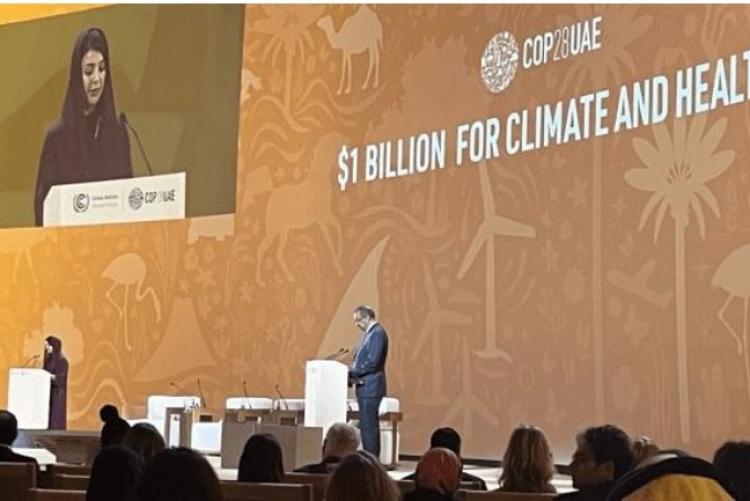Climate change is one of the leading crises in the 21st century, with far-reaching implications on human health and food security. Particularly, African communities are disproportionately vulnerable to climate risks, as driven by a combined effect of its geographical location in hotter parts of the planet, broad dependence on climate-sensitive natural resources and rainfed agriculture. This is exacerbated by relatively lower adaptive capacities and associated socio-economic inequalities that come with unprecedented adversities on public health. Direct and indirect effects of climate change on health in Africa can be estimated through its implications for undernourishment, diarrhoea, heat-related mortalities and vector-borne diseases such as malaria, dengue fever, malaria, lymphatic filariasis, onchocerciasis, schistosomiasis, African trypanosomiasis, Rift Valley fever and yellow fever. Research indicates that temperature rise, and high rainfall strongly facilitate the transmission, frequency, severity, and geographical presence of infectious diseases, and the emergence of new diseases in the region. This explains the high prevalence of such diseases which also directly bear on tropical climate areas, typical of the Sub-Saharan African climate. About 93% of global malaria deaths in 2017, occurred in Africa, with children and pregnant women most affected. Moreover, projections show that between 2030 and 2050, climate change will claim an additional 250,000 lives annually due to infectious diseases, undernutrition, diarrhoea, and heat stress; a majority of whom will be in Africa. Read more
This article has been compile by Erick Omollo, Researcher at Konrad-Adenauer-Stiftung, Regional Programme Energy Security and Climate Change in Sub-Saharan Africa and a PhD candidate at the Department of Land Resources Management and Agricultural Technology, University of Nairobi, Kenya
- Log in to post comments

